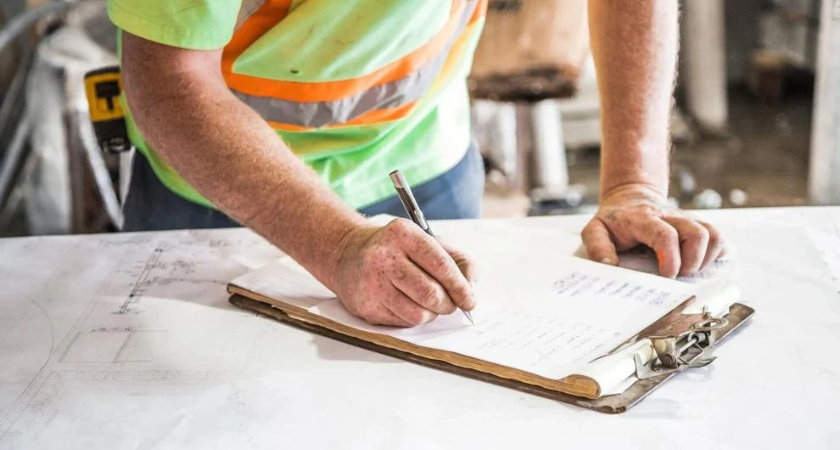
Pima County is preparing to ask voters next spring to keep a half-cent sales tax in place for two more decades in order to secure enough funding to complete transportation and construction projects that date back nearly twenty years.
.jpg)
On the March ballot, residents will weigh a $2.67 billion funding package proposed by the Tucson-based Regional Transportation Authority (RTA). A significant part of that plan—$257.6 million—would go toward finishing projects originally approved in 2006. That earlier measure authorized a half-cent increase to raise $2.1 billion, but progress stalled as costs surged, especially after the 2008 recession.
The Phoenix-based Goldwater Institute has questioned whether the city and the RTA have responsibly managed taxpayer funds. Its concern is focused heavily on the Downtown Links corridor, a 1.3-mile roadway connecting Maclovio Barraza-Aviation Parkway to the Interstate 10 frontage road. According to the institute, the project has ballooned from an expected cost of $76 million to $110 million, and is now “more than 40% over budget.”
William Beard, a municipal affairs liaison for the institute and author of its critical report, told The Center Square that cost overruns continue to mount as local officials fall behind schedule. Beard said the city fails “to set aside extra funds to handle whatever inflation would naturally occur for those delays.” He also suggested that the repeated extensions make residents question whether public money is being spent responsibly.
.jpg)
The Downtown Links project, approved as part of a broad countywide infrastructure initiative, was originally expected to be completed in 2021, yet the RTA only approved its eighth request for extra funding in October. The anticipated completion date is now early 2026, a five-year delay. Beard noted that even though Tucson agreed to cover cost overruns beyond 10% of a project’s budget, “the city isn’t doing so.”
He added that increasing frustration is evident among local residents, and argued that the Downtown Links project is “indicative of some of the problems” both Tucson and the RTA face in “delivering what was promised to the voters.”
The upcoming tax extension proposal could determine whether the remaining unfinished 2006 projects are ever fully realized. If passed, the new 20-year extension would begin in July 2026, continuing funding for projects in progress and future transportation improvements. With Pima County’s population growth and regional dependence on roadway infrastructure, local officials argue the funding is necessary to keep major projects on track—yet critics say mismanagement must be addressed before additional money is approved.
The Center Square requested comment from the Pima Association of Governments, which oversees the RTA, but did not receive a response before publication.
Originally reported by Zachery Schmidt | The Center Square contributor in The Center Square. Com